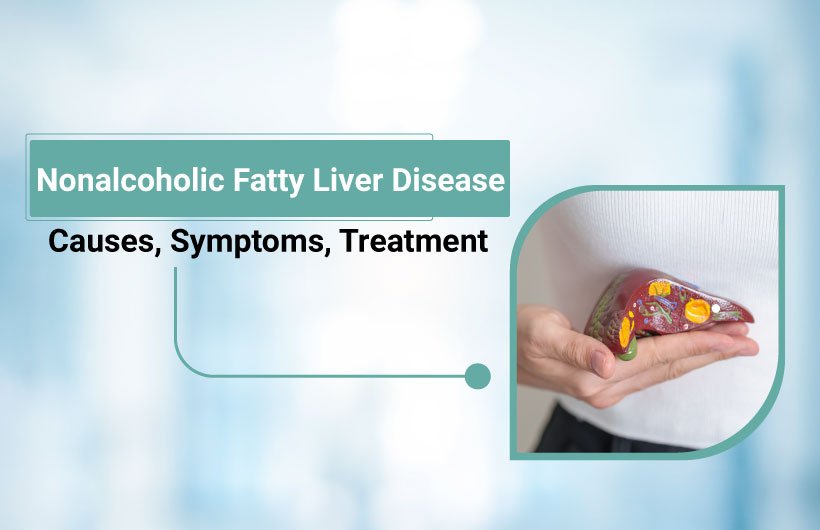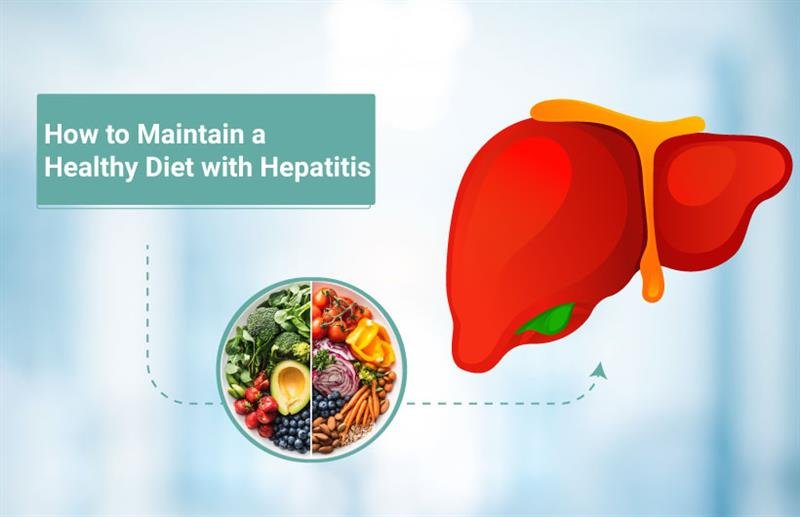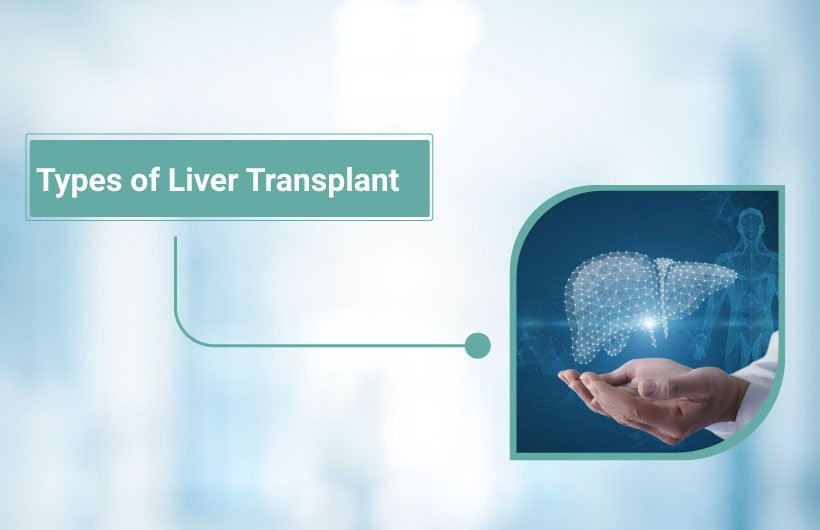Your digestive system plays a crucial role in your overall health, yet many people neglect gastrointestinal symptoms until they become severe. From chronic acid reflux to serious conditions like liver disease, a gastrointestinal surgeon in Ahmedabad specializes in diagnosing and treating digestive disorders. But what exactly does a gastrointestinal surgeon do, and what diseases require their expertise? Let’s explore.
What is a Gastrointestinal Surgeon?
A gastrointestinal surgeon is a medical professional specializing in the digestive system, including the esophagus, stomach, intestines, liver disorder, pancreas, and gallbladder. They diagnose and treat various conditions affecting digestion, absorption, and metabolism.
What Does a Gastrointestinal Surgeon Do?
A Gastroenterologist is trained to manage and treat disorders of the gastrointestinal tract through:
- Diagnostic procedures: Endoscopies, colonoscopies, biopsies, and imaging tests.
- Treatment of digestive disorders: From minor issues like acid reflux to severe conditions like liver failure.
- Preventive care: Routine screenings for colon cancer and liver disease.
If you experience persistent digestive symptoms, consulting a Gastroenterologist in Ahmedabad Dr Varun Bajaj can prevent complications and improve your quality of life.
Diseases that Require Gastrointestinal Treatment
Gastroesophageal Reflux Disease (GERD)
Frequent heartburn, acid regurgitation, and chest pain could indicate GERD, a condition where stomach acid flows back into the esophagus. Long-term GERD can cause complications like Barrett’s esophagus or ulcers. A Gastroenterologist can recommend dietary changes, medications, or advanced treatment options.
Irritable Bowel Syndrome (IBS)
IBS is a common disorder causing bloating, abdominal pain, diarrhea, or constipation. Although it’s not life-threatening, it can significantly impact daily life. A Gastroenterologist can provide dietary recommendations, stress management strategies, and medication to manage symptoms.
Inflammatory Bowel Disease (IBD)
IBD includes conditions like Crohn’s disease and ulcerative colitis, which cause chronic inflammation in the digestive tract. Symptoms include persistent diarrhea, weight loss, fatigue, and abdominal pain. A Gastroenterologist helps manage IBD through medications, dietary adjustments, and, in severe cases, surgery.
Celiac Disease
Celiac disease is an autoimmune disorder where the body reacts to gluten, damaging the small intestine. Symptoms include diarrhea, bloating, weight loss, and fatigue. A Gastroenterologist can confirm diagnosis through blood tests and biopsies while guiding patients on a strict gluten-free diet.
Liver Diseases
Liver diseases like hepatitis, fatty liver disease, and liver cirrhosis require immediate medical attention. Symptoms include jaundice, swelling, and unexplained weight loss. A Gastroenterologist can provide treatment options to slow disease progression and prevent complications.
Colon Cancer
Colon cancer develops in the large intestine and often begins as polyps. Regular screenings, such as colonoscopy, can detect precancerous growths early. If you have a family history or symptoms like rectal bleeding and unexplained weight loss, consult a Gastroenterologist Dr Varun Bajaj for early intervention.
Pancreatitis
Inflammation of the pancreas can cause severe abdominal pain, nausea, and vomiting. Chronic pancreatitis may lead to diabetes or malnutrition. A Gastroenterologist can diagnose the condition and suggest dietary changes, medications, or even surgical intervention.
Gallbladder Diseases
Gallstones and cholecystitis (gallbladder inflammation) can cause severe pain, nausea, and indigestion. If left untreated, they may require surgical removal. A Gastroenterologist can diagnose gallbladder conditions through ultrasound and recommend appropriate treatment.
Cirrhosis and Liver Failure
Cirrhosis is the scarring of the liver due to long-term damage, often from alcoholism or hepatitis. Symptoms include fatigue, swelling, and confusion. A Gastroenterologist can manage symptoms and offer treatment plans to slow disease progression.
Gastroparesis
Gastroparesis slows stomach emptying, causing nausea, bloating, and poor appetite. This condition is often linked to diabetes or nerve damage. A Gastroenterologist can suggest dietary changes and medications to regulate digestion.
How to Maintain Digestive Health
To prevent gastrointestinal issues, follow these health tips:
- Eat a balanced diet: Include fiber-rich foods, lean proteins, and probiotics.
- Stay hydrated: Water aids digestion and prevents constipation.
- Exercise regularly: Physical activity promotes gut motility.
- Manage stress: Stress can worsen conditions like IBS and GERD.
- Limit alcohol and processed foods: Excessive alcohol and junk food can contribute to digestive problems.
- Schedule regular check-ups: Early screenings with a Gastroenterologist help detect diseases early.
Conclusion
Your digestive health is essential to your overall well-being. If you experience persistent digestive issues, seeking help from a gastrointestinal surgeon can ensure early diagnosis and effective treatment.
For expert care, consult Dr. Varun Bajaj, a leading Gastro surgeon in Ahmedabad with extensive experience in treating various gastrointestinal disorders. His patient-focused approach ensures that you receive the best possible care.
Prioritize your health today—schedule an appointment with Dr. Varun Bajaj!








